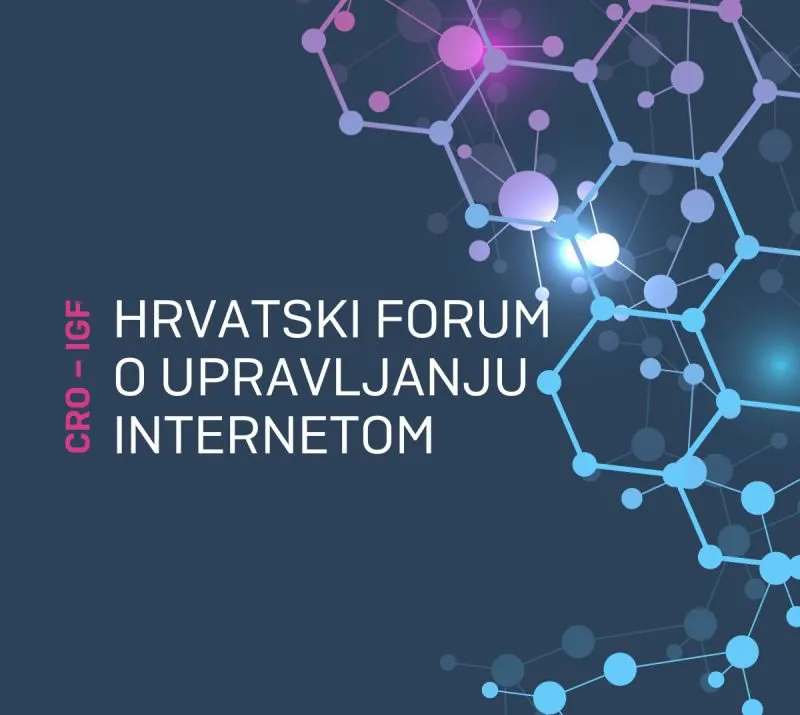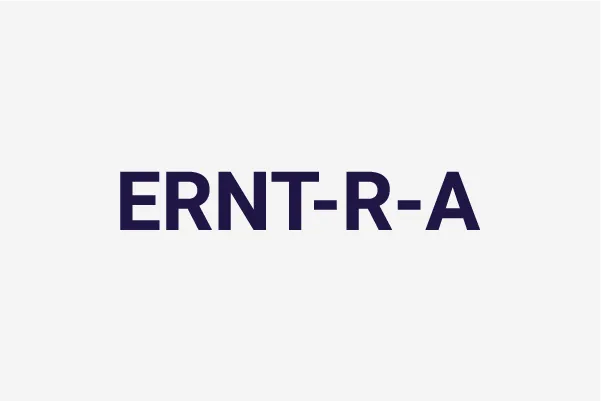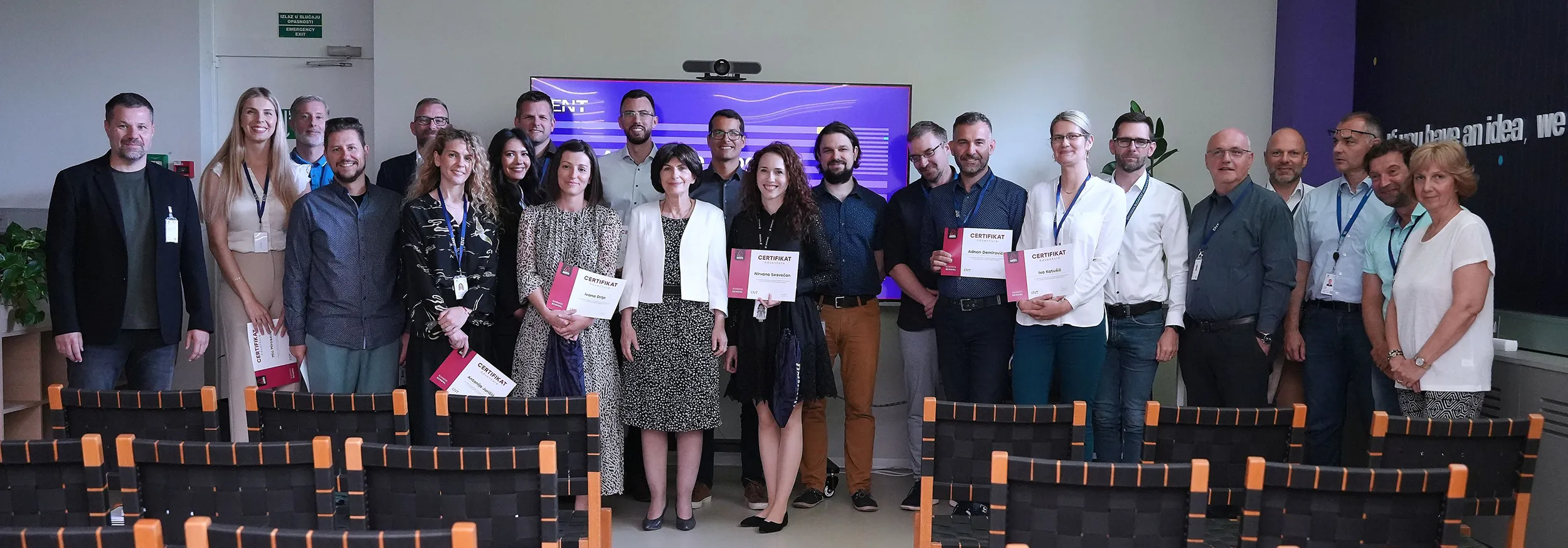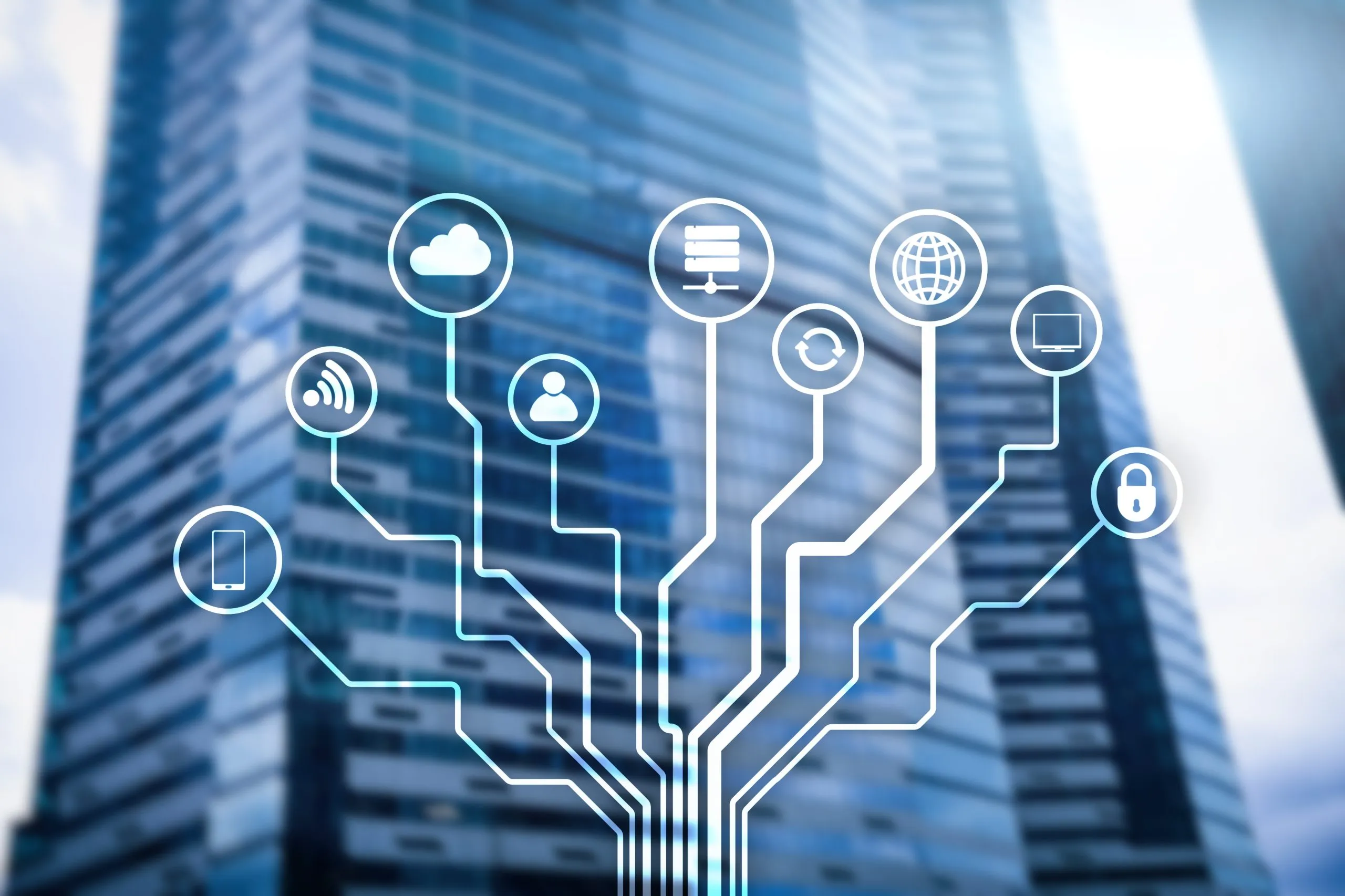Enlightening New
Technologies
Kreiramo inovativna visokotehnološka rješenja koja svijetle put budućim generacijama.
PogledajteO NAMA
Ericsson Nikola Tesla regionalni je isporučitelj komunikacijskih proizvoda, inovativnih ICT rješenja te povezanih usluga.
Telekom

isporučujemo inteligentna rješenja
Telekom
S desetljećima iskustva u telekomunikacijskom segmentu, isporučujemo visokoučinkovita mrežna rješenja i dajemo podršku pružateljima komunikacijskih usluga.
Digitalno društvo
R&D i usluge
NAJNOVIJE VIJESTI
Novosti, događanja i priznanja

18 / 06 / 2025
ENT na Hrvatskom forumu o upravljanju internetom na MIPRO-u

18 / 06 / 2025
Obavijest o otpuštanju vlastitih dionica

13 / 06 / 2025
Završen prvi ciklus DevelopmENT huba: strateški razvojni program ENT-a okupio više od 400 zaposlenika

13 / 06 / 2025
Najava Programa otkupa vlastitih dionica Ericssona Nikole Tesle d.d.
%INTRO%
%HEADING%
OSVRTI
Inovativna rješenja
PROFIL KOMPANIJE
1949
godina osnutka
2900+
zaposlenika
1800+
razvojnih / softver inženjera

KARIJERA U ENT-U
Pridruži se našem timu
Bistri umovi stvaraju svjetliju budućnost. Više od 70 godina potičemo duh izvrsnosti i inovativnosti, okupljajući najizvrsnije stručnjake u Ericsson Nikoli Tesli. Pametna rješenja su izvor ponosa, ona nas tjeraju naprijed, ne zadovoljavajući se mjestom na kojem smo bili jučer.
JAVITE NAM SE
Tu smo za Vas
Cijenimo vaša pitanja, povratne informacije i upite. Ako trebate podršku vezanu uz naše usluge i proizvode, imate poslovni prijedlog ili jednostavno želite saznati više o našim rješenjima, naši stručnjaci su uvijek spremni pomoći.






